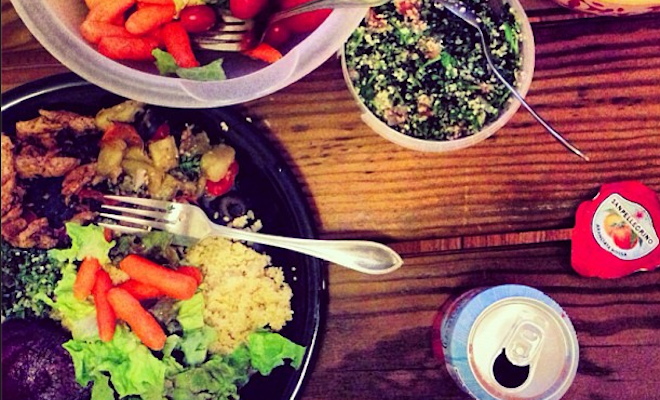Have you ever wondered what it would be like to embark on a spiritual journey that not only encourages personal growth but also invites you to pause and reflect each day? For Bahá’ís around the world, the Fast is not merely a religious obligation; it is a profound opportunity for spiritual rejuvenation, self-discipline, and connection with the Divine. However, the transition into fasting can pose a unique challenge for both the novice and seasoned follower. If you’re intrigued by the Bahá’í teachings and considering participating in the Fast, this guide will illuminate the path ahead.
The Bahá’í Fast takes place annually from March 2 to March 20 and serves as a period of reflection, prayer, and self-purification. During this time, Bahá’ís abstain from food and drink from sunrise to sunset. The essence of this practice finds its roots in various scriptural sources and upholds the belief that physical restraint can lead to spiritual enlightenment. But how exactly does one prepare for such an endeavor? Let us traverse the key components and prerequisites of fasting within the Bahá’í Faith.
1. Understanding the Significance of Fasting
To fully embrace the Fast, it is critical to comprehend its spiritual underpinnings. Fasting serves as a reminder of our reliance on God and cultivates humility. It encourages Bahá’ís to detach from physical indulgences, thus centering their focus on spiritual growth. Additionally, fasting is viewed as a means to purify the soul, allowing individuals to fortify their connection with the Divine through prayer and meditation. As you embark on this journey, remember, it is not merely an act of abstinence, but a holistic transformation of the self.
2. Preparing Physically and Mentally
As you approach the Fast, physical preparation is vital. Consider gradually altering your eating habits in the weeks leading up to the Fast. Transitioning to lighter meals and reducing caffeine intake can ease withdrawal symptoms. Remaining hydrated and focusing on nutrition will provide a strong foundation for your body. Mentally preparing is equally crucial; set your intentions for the Fast. Reflect on what you hope to achieve during this period. Will you utilize this time for deep introspection, to strengthen your prayer life, or perhaps to renew your commitment to service? These reflections can shape your experience.
3. The Role of Community
The Bahá’í community plays an instrumental role during the Fast. Gatherings often revolve around communal prayers, discussions, and devotional meetings that foster togetherness. Engaging with fellow Bahá’ís will not only enhance your experience but provide additional motivation and support. Consider organizing or participating in community meals after sunset, known as Iftars, sharing food and fellowship that enhance the collective spiritual experience. Remember, the spirit of the Fast is not about isolation; it is about unity and shared growth.
4. Crafting a Daily Spiritual Schedule
Establishing a daily routine during the Fast can greatly enhance your spiritual experience. Begin each day with prayer and meditation, setting the tone for your mindfulness. Allocate time for reading the Writings of Bahá’u’lláh and Abdu’l-Bahá, allowing their profound wisdom to permeate your consciousness. Schedule time for personal reflection, journaling your thoughts, and documenting your spiritual journey. These practices will not only enrich your understanding but also serve as valuable tools for navigating the complexities of fasting.
5. Incorporating Kindness and Service
An integral aspect of fasting in the Bahá’í Faith is the emphasis on service to others. This time of restraint can spur acts of kindness and generosity. Consider volunteering your time to help those in need or reaching out to someone who may feel isolated during this period. Acts of service not only embody the spirit of compassion but also reinforce the emotional and spiritual connection between you and the community. Engaging in altruism can illuminate your journey through the Fast.
6. Navigating Challenges
7. Reflecting on the Experience
As the Fast draws to a close, take time to reflect on your journey. What insights have you gained? How has your relationship with the spiritual realm evolved? Were there specific challenges that shaped your experience and how can you carry those lessons forward? Documenting your reflections can aid in solidifying your growth and providing a reference for future fasts.
Conclusion
In conclusion, fasting with the Bahá’ís is more than a mere physical exercise; it is an invitation to deepen one’s spiritual practice, foster community ties, and engage in acts of service. As you consider embarking on this sacred journey, remember the significance behind the Fast and approach this challenge with an open heart. Ultimately, it is an opportunity to cultivate resilience, achieve spiritual clarity, and draw nearer to the Divine. Will you take this leap into spiritual transformation?
